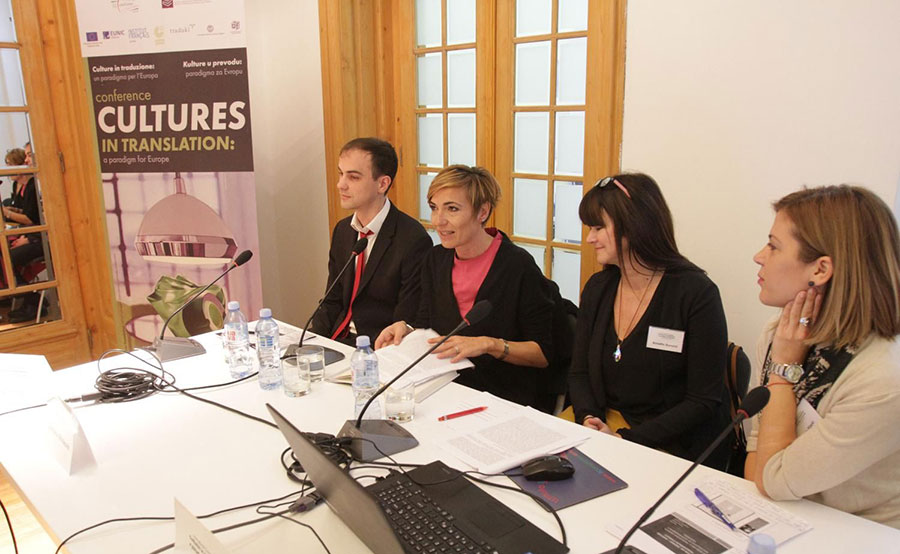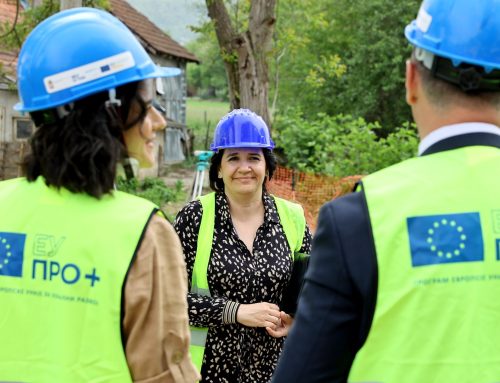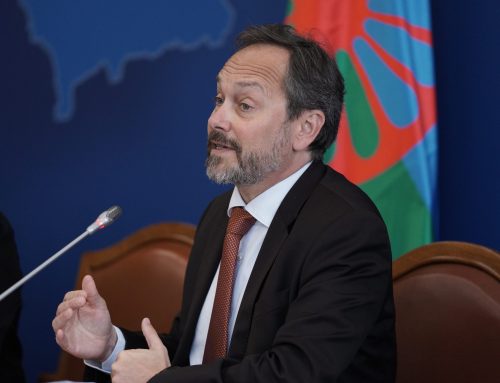A two-day international conference titled Cultures in translation: Paradigm for Europe aimed at stressing the importance of translation as European cultural heritage opened today at the Italian Institute for Culture.
The conference is organised by the Italian Institute for Culture and the Institute of Philosophy and Social Theory of the University of Belgrade in collaboration with the EU Delegation to Serbia.
Irena Fiket of the Institute of Philosophy and Social Theory said that the conference aimed at gathering researchers and experts in the field of literature, political theory, philosophy, professional translators and people who face any form of translation on a daily basis for a discussion on both translation theory and practice.
She said that the conference would focus on translation from the intercultural point of view, as a place where cultures meet, enrich and permeate one another and challenge their inherent limitations.
“In the next couple of days we will try to explore various aspects of translation, to learn about their philosophical implications and the way they influence the practice and politics,” Fiket said and added that she hoped experts who are taking part in the conference would “give an analysis of translation that will help to understand its complex nature.”
She said that translation should be understood as an intercultural activity and added that the conference was seeking to point to numerous differences among European cultures, taking the assumption of Europe as a unique, most diverse community of languages and cultures as a starting point.
Fiket said she hoped the conference would contribute to research in translation and opening up of new horizons in understanding the European cultural policy.
According to her, institutional organisation Europe has been undergoing in past decades has created a specific need for translation, pushing its political and social boundaries.
“Reflections on the new identity of Europe, its common language and different linguistic realities in Europe are inextricably linked to the very principles of translation and the possibility of exchange Europe is offering,” she said.
Her colleague Petar Bojanic said that “untranslatability is not a mere characteristic of a poorly translated text, but a starting point of conversations and discussions, the inability to understand one another that can give birth to wars or philosophy.”
“This never happens in a realm of a single language. It occurs when we try to draw comparison between different languages,” Bojanic said.




